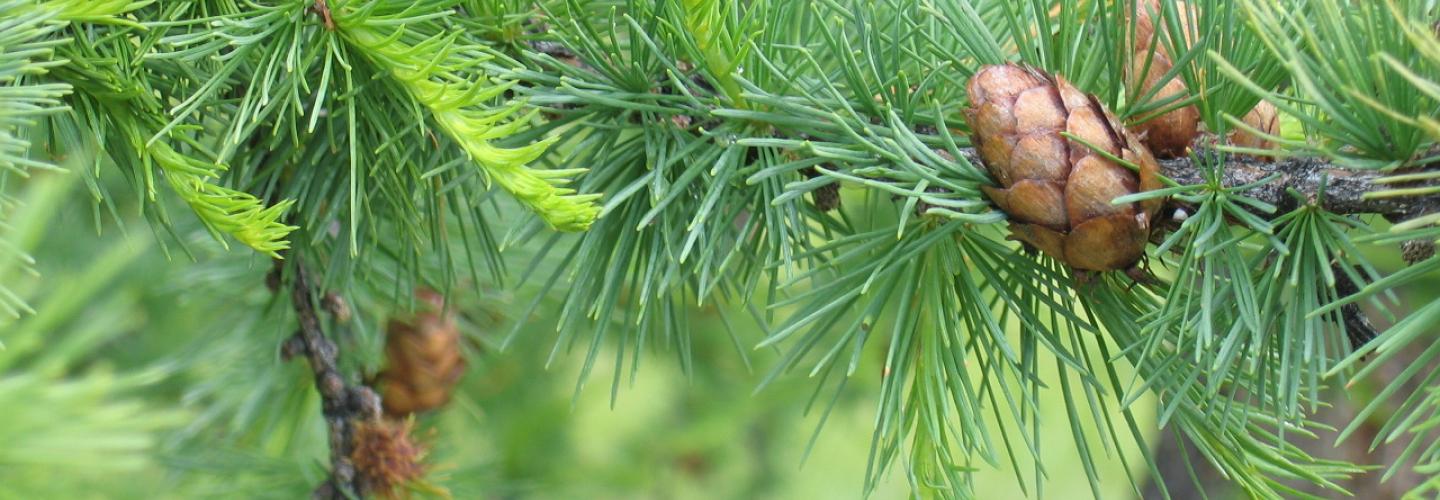Study Abroad
The University of Pennsylvania has a close relationship with the University of Edinburgh in Scotland. Students can study in Edinburgh for a single semester or they may choose to spend their junior year there. Edinburgh has a fine program in genetics and molecular biology and students interested in these areas would find suitable courses that would be accepted for credit toward the Biology major at Penn. Students interested in spending a year in Edinburgh must complete the introductory biology requirement and all required math, physics and chemistry courses by the end of their sophomore year. Students would be able to enroll in advanced Biology courses when they return to Penn for their senior year. Majors should discuss their program plans with the Undergraduate Chair or their major advisor as soon as they start to consider the possibility of study in Edinburgh.
Other study abroad programs which offer strong coursework in biology include King's College, Queen Mary College, and University College London, all parts of the University of London and located in or near London. In addition, we recommend Oxford University: St. Peter's College and Oxford University:Pembroke College in England, and the National University of Singapore. Finally, we recommend James Cook University and the University of Melbourne in Australia, both of which offer marine ecology field courses, as well as many other types of biology courses. Contact Penn Global (3701 Chestnut Street, suite 1W, 898-9073) for additional information about study abroad oppurtunies.
Several excellent one semester programs in tropical ecology are offered in Costa Rica and South Africa by the Organization for Tropical Studies and by CIEE: Council on International Educational Exchange. Other opportunities to study tropical ecology include the James Cook University Program mentioned above.
Field Courses
The Biology Department offers a Field Botany course (BIOL400) that is taught every other fall semester (odd years); students gain experience identifying plants using field keys and also prepare herbarium specimens of local flora.
For students who are interested in taking summer field courses, we suggest that you select one of the field courses offered by one of the recommended field stations. This list includes university field stations in the Appalachians and Rocky Mountains, marine field stations on the East Coast, California, and Bermuda, and field stations at a variety of other sites throughout the United States. If you wish to count one or two of these field courses toward your major, you should follow the usual procedures for obtaining transfer credit via XCAT. Students should also review the credit restrictions that apply to the biology major.

